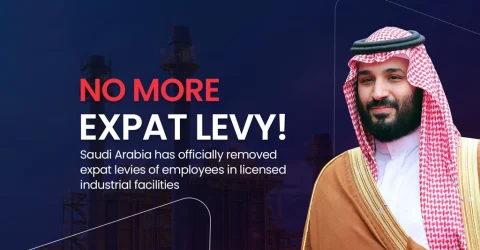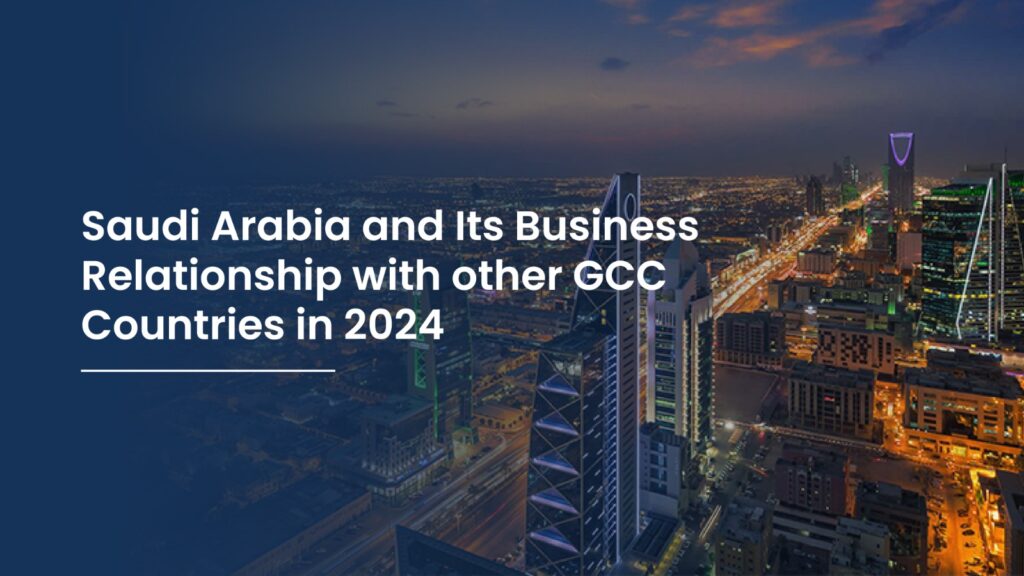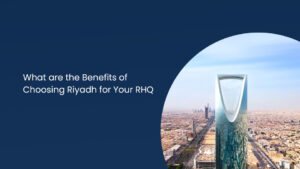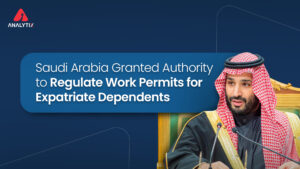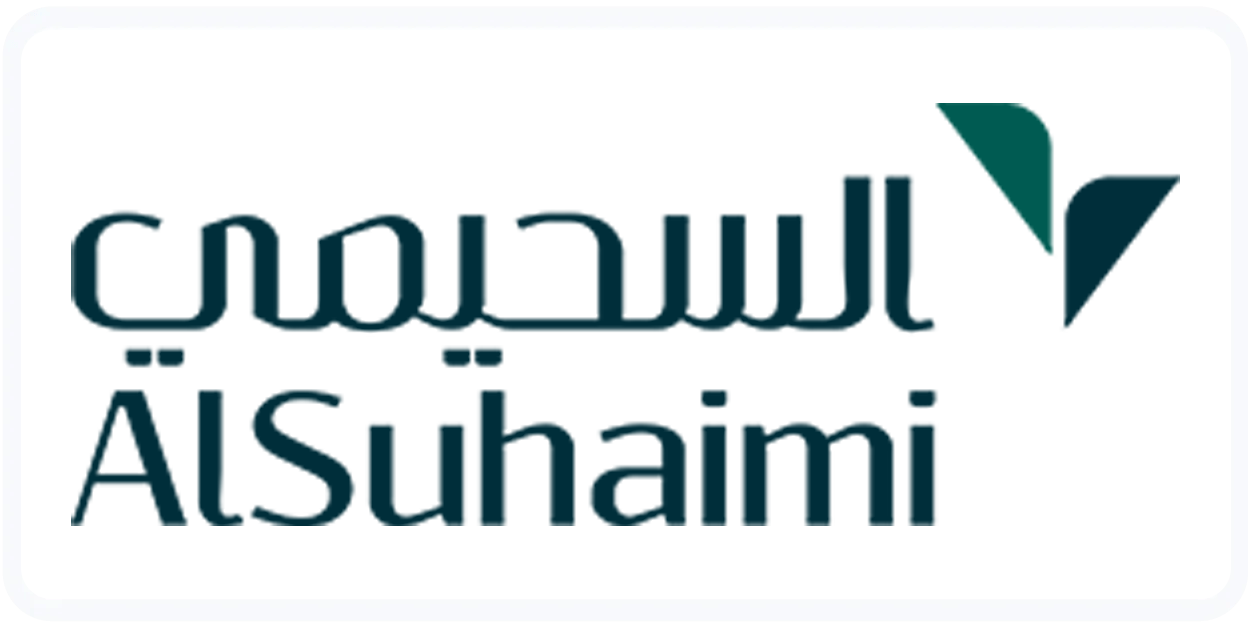The Kingdom of Saudi Arabia is the largest economy and most populated country within the GCC member states and it has a significant influence in the region. Anyone who wishes to invest in the KSA and other Gulf Cooperation Council regions must understand the dynamics of the business relations therein well enough. In this blog, we will provide you with insights into the business relationship between Saudi Arabia and its counterpart countries within the GCC in the year 2024.
Below are some important facts that need to be discussed:
Business Setup & Legal Framework
National Treatment and Business Advantages for GCC Nationals:
- GCC nationals have a variety of privileges in comparison to the establishment of enterprises in Saudi Arabia. They enjoy legal status in Saudi Arabia and are regarded as Saudi nationals in Saudi legal frameworks, making the business setup in Saudi Arabia relatively easy. For instance, a GCC or Saudi national can bring in US$35,040 as initial capital, set up a company, and open a bank account all within three months. However, the lead time to enter the industry and the amount of capital necessary is different for foreign entrants.
- The GCC nationals have the freedom to start a GCC company in Saudi Arabia in any sector. Some sectors are still closed to investment from foreign parties (excluding GCC) hence making this a good provision for GCC investors.
- Saudization or KSA ownership does not apply 20% corporate income tax on companies owned by the nationals of the GCC countries, but only 2.5% zakat tax. However, A 5% VAT is charged on all products and services regardless of the nationality of the company making the sale.
Market Access and Trade Benefits
Access to the GCC Common Market:
- All the companies in Saudi Arabia, including FDI companies, have the option of accessing the GCC common market area. This includes incentives which are; imports for most goods manufactured in the member country of the GCC are relieved of duty.
- Foreigners residing in any of the GCC countries except Saudi Arabia are allowed a visa on arrival in any other country of the GCC hence they are free to traverse the region.
Labor Movement and Restrictions on Foreigners
Movement of Labour:
- However, like any other element of the common market, there is no free movement of labour in GCC states as regards the expatriate workers. This remains a major issue, especially for companies relying on a mobile workforce.
- Thus, all the GCC countries have placed certain limitations on FDI and ownership by foreign investors in their countries. This is a challenge that investors, especially from other countries planning to start a company or invest in the region face.
Local Entrepreneurs and Foreign Investors
Protection for Local Entrepreneurs:
The GCC laws have the interest of protecting local business persons over foreign investors. This is particularly evident in the Kingdom of Saudi Arabia. Nonetheless, foreign investors who have strong connections and influence within the local communities, known as ‘wasta’ will always have a wide variety of profitable opportunities.
Diplomatic Relations and Economic Links
Saudi-Qatar Diplomatic Relations
- Presently, there is no diplomatic relation between Qatar and Saudi Arabia, the UAE, and Bahrain. This has made the conduct of business between countries and Qatar difficult especially on such aspects as the transfer of funds and cross-border travel across the two countries.
- Saudi Arabia has a Double Tax Treaty with the UAE in which most interests are fully exempted from Withholding Tax, the Withholding Tax on Royalty is 10%, and the Withholding Tax on Dividends is up to a maximum of 5%.
Strong Economic Ties
Saudi-Bahrain Economic Links
- Bahrain shares strong economic ties with Saudi Arabia and depends heavily on Saudi capital investments. It is noteworthy that Riyadh has considerable leverage in Bahrain’s political and economic affairs.
- Based on the above factors, Bahrain has been rated as the most preferred country for expatriates in the GCC countries. Most of the expatriates maintaining their residence and employment visa (iqama) in Saudi prefer to live in Bahrain and then travel daily to Saudi’s eastern province passed through the King Fahd causeway. There is no need to get another employment visa in Bahrain for Saudi Arabia’s iqama permit holder.
- This has proven to be conveniently situated for many expatriates mainly because Bahrain’s capital city, Manama is close to several key Saudi Arabian cities such as Al Khobar and Dammam.
Trade and Infrastructure
Saudi-Bahrain Economic Links
- Bahrain shares strong economic ties with Saudi Arabia and depends heavily on Saudi capital investments. It is noteworthy that Riyadh has considerable leverage in Bahrain’s political and economic affairs.
- Based on the above factors, Bahrain has been rated as the most preferred country for expatriates in the GCC countries. Most of the expatriates maintaining their residence and employment visa (iqama) in Saudi prefer to live in Bahrain and then travel daily to Saudi’s eastern province passed through the King Fahd causeway. There is no need to get another employment visa in Bahrain for Saudi Arabia’s iqama permit holder.
- This has proven to be conveniently situated for many expatriates mainly because Bahrain’s capital city, Manama is close to several key Saudi Arabian cities such as Al Khobar and Dammam.
Infrastructural Challenges
- Interconnection of the GCC states remains severely constrained because of the poor state of the land transport infrastructure. The Customs processes can sometimes take up to several days to be completed in the borderline of UAE and Saudi Arabia. Similar to this is the case of the causeway that connects Bahrain and Saudi Arabia.
- These transportation challenges should be alleviated due to a new railway network that is expected to be laid down to cover the entire GCC region. However, this project continues to experience hold and there is no clear timeline for completion.
Economic Development Plans
Diversification and Development
- The GCC comprises KSA, Kuwait, and the UAE as three of the leading oil exporting countries in the world today. Nevertheless, all the GCC countries with Bahrain, Oman, and Qatar included, are already spearheading economic development strategies. These plans are to diversify statewide revenues beyond oil and gas, to attract investment in property tourism, and consumer goods, as well as to foster the governing legal framework for financial and innovation sectors such as Islamic finance and FinTech.
- These plans also aim to open up new economic sectors for foreign investors and, therefore, generate employment for the country’s citizens.
Start Your Dream Business in Saudi Arabia with Analytix
Entrepreneurs and investors looking to set up or start a GCC company in Saudi Arabia can significantly benefit from the information outlined here. However, businesses entering the GCC market need a strong and reliable on-ground business partner in their entrepreneurial journey. Analytix, one of the leading business consultancy firms in the kingdom specializing in international business setup support can be the one-stop solution for all your business needs. With years of experience in providing valuable assistance to businesses entering the Saudi Market and a team of highly experienced professionals, Analytix will help you establish, incorporate, and grow your business in the kingdom. In addition to business incorporation, Analytix also provides business services including accounting and bookkeeping, tax and auditing, GRO and PRO services, and many more.
Conclusion
Hey, we are so glad you’re here!
Hope you had a great time reading our blog.
You might have got some vital information about the nature of business relationships between Saudi Arabia and its counterpart countries within the GCC in the year 2024.
However, if you feel like we have missed out on anything, let us know in the comments below.
Happy Reading!




